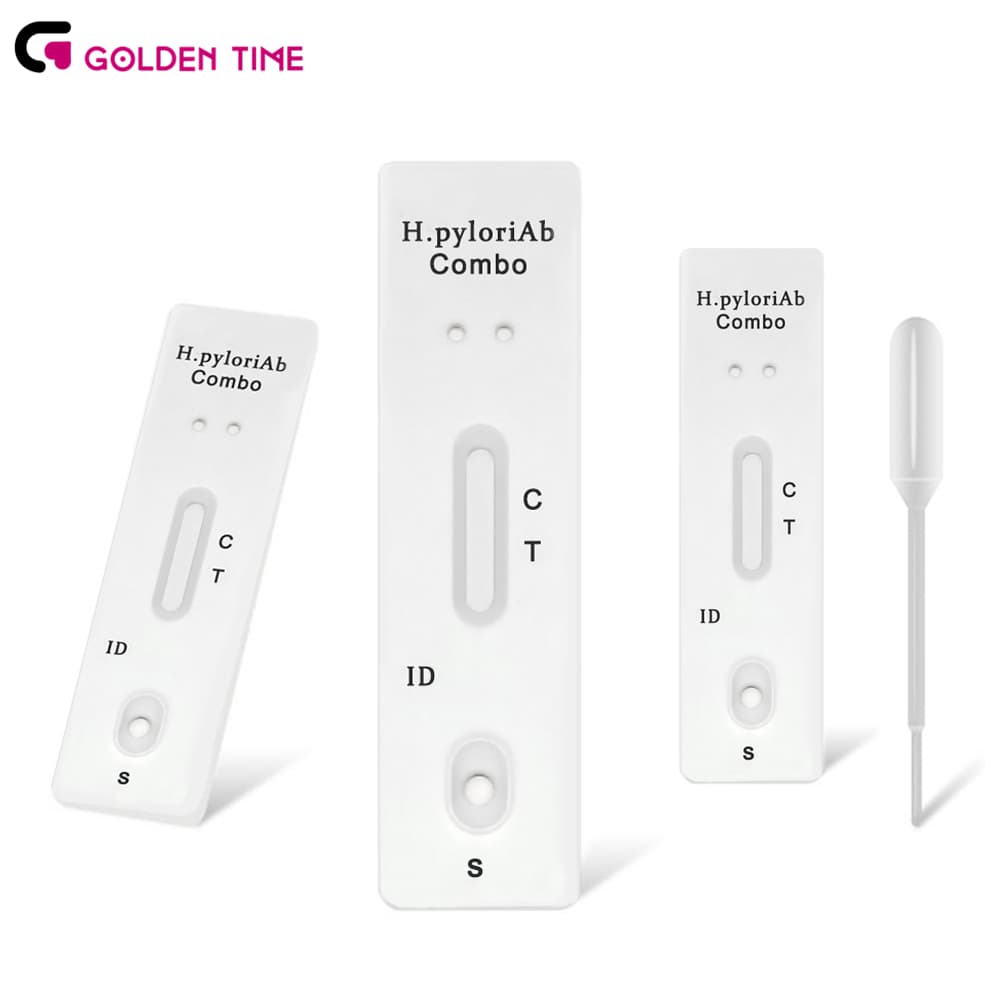Oct . 04, 2024 12:49 Back to list
stool occult blood test
Understanding the Stool Occult Blood Test Importance and Process
The stool occult blood test, often referred to as FOBT (Fecal Occult Blood Test), is a crucial diagnostic tool used in the early detection of various gastrointestinal conditions, particularly colorectal cancer. This non-invasive test helps identify hidden blood in the stool, which may not be visible to the naked eye. Understanding its importance, the testing process, and the implications of the results can empower individuals to take charge of their health.
Importance of the Test
Colorectal cancer is one of the leading causes of cancer-related deaths worldwide. Early detection significantly enhances the chances of effective treatment and recovery. The stool occult blood test can serve as an essential screening method, especially for individuals aged 50 and older or those with a family history of colon cancer. The presence of blood in the stool may indicate polyps, tumors, or other gastrointestinal issues. By detecting these problems early, patients can receive timely medical intervention.
The Testing Process
The FOBT is typically performed at home, providing convenience and privacy for patients. The test usually involves collecting stool samples over several days to ensure accurate results. The process is straightforward
1. Preparation Before the test, individuals may be advised to avoid certain foods and medications that could affect the results, such as red meat, raw vegetables, and specific supplements.
stool occult blood test

2. Sample Collection Patients use a kit containing tools to collect stool samples. They typically take samples from different parts of a stool bowel movement to capture any possible blood.
3. Testing The samples are then sent to a laboratory, where they undergo analysis. The lab tests check for the presence of hemoglobin, the protein in red blood cells, which indicates blood in the stool.
4. Results Interpretation Results are usually available within a few days. A positive result does not necessarily mean cancer; it may indicate other conditions, such as hemorrhoids, ulcers, or gastritis. Conversely, a negative result is reassuring but does not completely rule out the presence of gastrointestinal issues.
What Happens Next?
If the test result is positive, further investigation will be necessary. Physicians may recommend additional tests, such as a colonoscopy, which allows for direct visualization of the colon and rectum. During a colonoscopy, any abnormalities can be biopsied and examined for cancerous cells.
Conclusion
The stool occult blood test is a vital screening tool in the fight against colorectal cancer and other gastrointestinal disorders. It is easy to perform and can be done from the comfort of home, making it accessible to many individuals. Regular screenings, particularly for those at higher risk, can lead to early detection and significantly improve treatment outcomes. Understanding the process and implications of the FOBT can encourage proactive health management and enhance awareness about the importance of gastrointestinal health. Always consult healthcare providers for personalized guidance and recommendations regarding screening practices.
-
Dengue NS1 Rapid Diagnostic Test Kit
NewsMar.07,2025
-
Dengue NS1 Rapid Diagnostic Test Kit
NewsMar.07,2025
-
Dengue NS1 Rapid Diagnostic Test Kit
NewsMar.07,2025
-
Transferrin Rapid Test Cassette Tumor Marker TF Card
NewsMar.07,2025
-
Malaria Pf Pan Rapid Diagnostic Test Kit
NewsMar.07,2025
-
malaria pf / pan ag rapid test
NewsMar.07,2025

